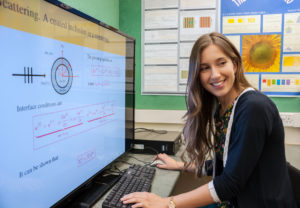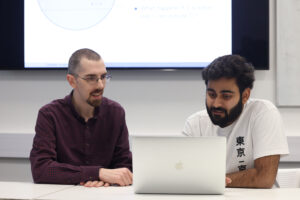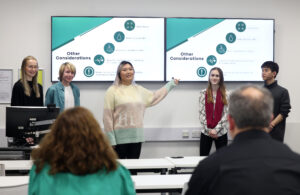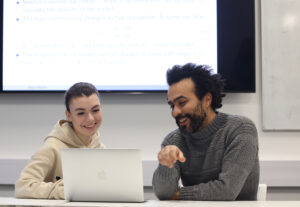If you study Applied Mathematics BSc at XJTLU you can study Applied Mathematics at the University of Liverpool on the XJTLU 2+2 programme. or see all XJTLU 2+2 programmes.
Applied Mathematics BSc (Hons): XJTLU 2+2 programme
Applied Mathematics at the University of Liverpool will teach you how to think differently about the world around us. You will engage with powerful mathematical concepts that will enhance your problem-solving and critical thinking skills, enabling you to understand complex phenomena across all aspects of the modern world, from physics to engineering, computer science, epidemiology, AI, and machine learning.







